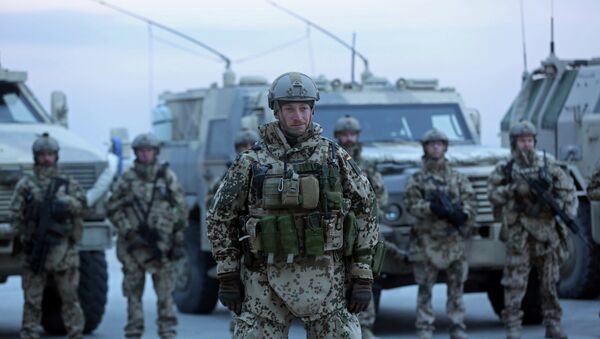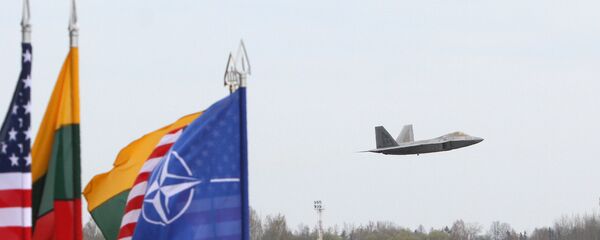"If they want to create a European army, they will have to increase spending to a lot more than 2 percent of GDP. They will need to raise defense spending to 10 percent of GDP. Do you think anyone will seriously do this?" he asked, saying that such a force is unlikely to be created.
Military spending has been a major point of contention for members of the North Atlantic Alliance, with senior officials in Washington often lambasting the majority of European nations for failing to allocate 2 percent of GDP on defense. United States President Donald Trump and Secretary of Defense James Mattis have been no exception to this pattern.
Platoshkin, who heads the Department of International Relations and Diplomacy at Moscow University for the Humanities, further said that Donald Trump's approach to foreign policy and some of his remarks on matters critical for Europe, including the North Atlantic Alliance and Brexit, have caused frustration among European leaders, prompting them to call for greater defense cooperation on the continent.
Many senior officials in Germany and Europe in general say that "they cannot understand what is happening because Trump is sending different signals each day," the analyst said. "Europe has already taken steps to create a European army, also because of Trump. Just in case if the United States decides to abandon the EU."
In late 2016, President of the European Commission Jean-Claude Juncker, one of key advocates of this initiative, called for "a new start in the field of European defense," which could ultimately lead to the EU members "setting up a European army."
Germany, France and Italy have also expressed willingness to increase defense cooperation among the EU nations, while the United Kingdom has been strongly opposed to the idea.
Never miss a story again — sign up to our Telegram channel and we'll keep you up to speed!


